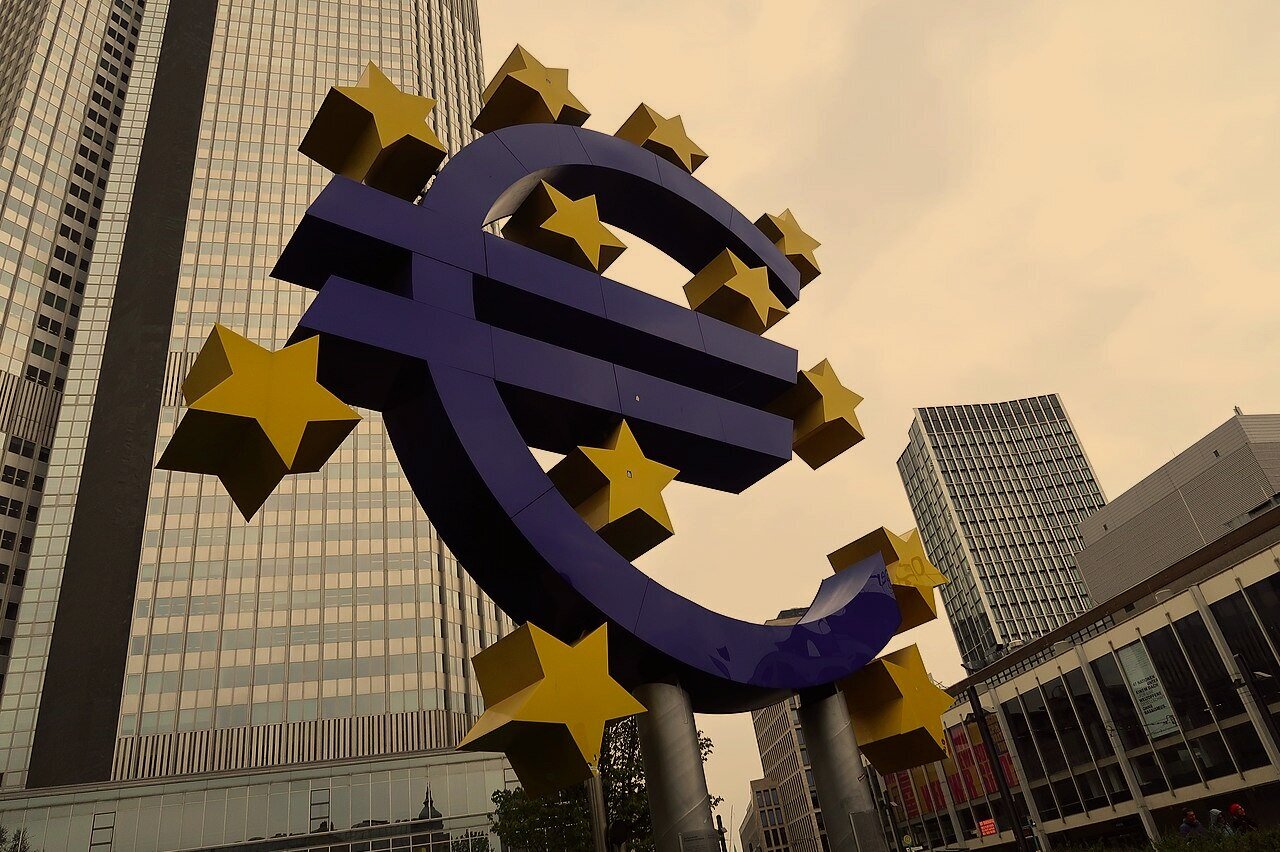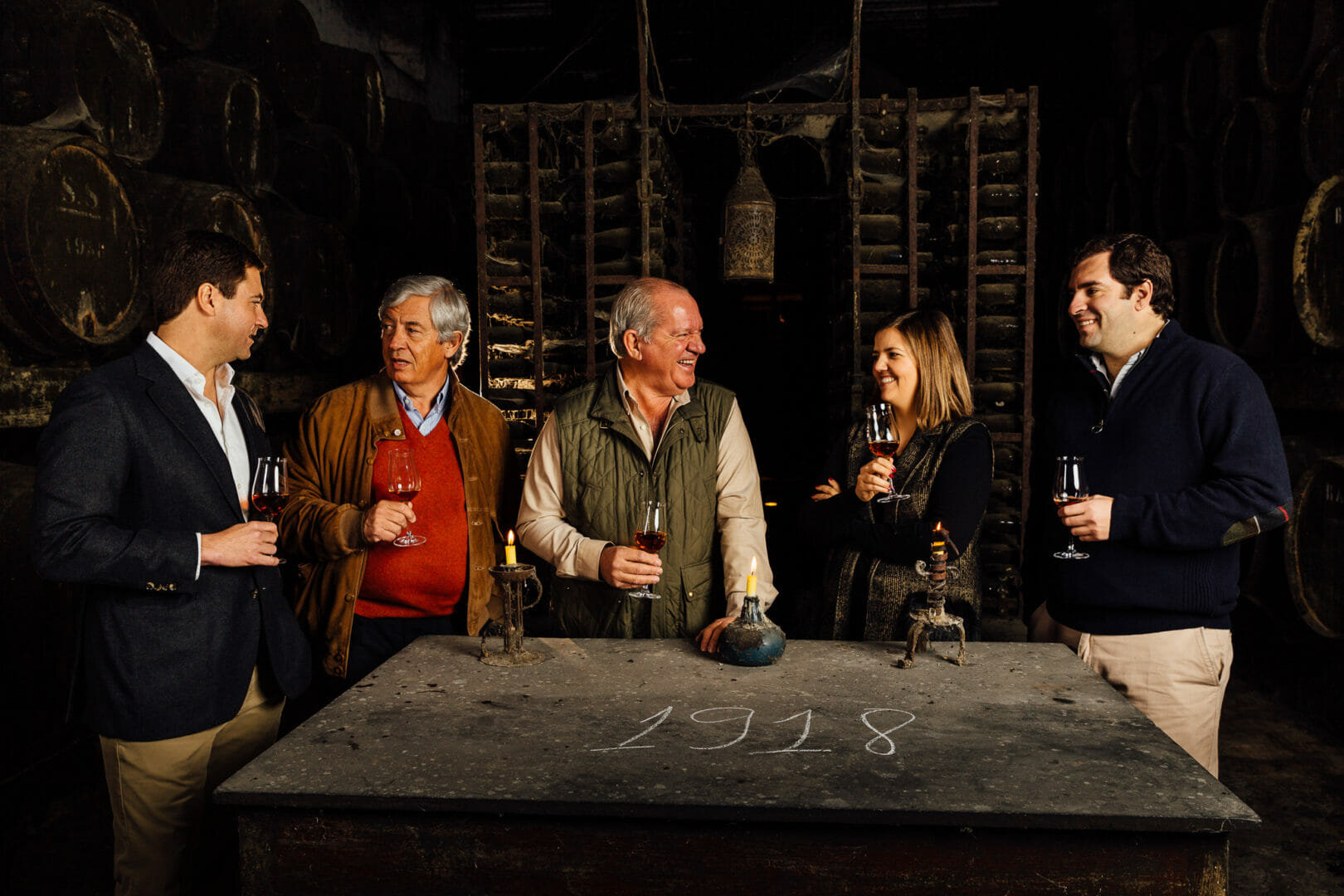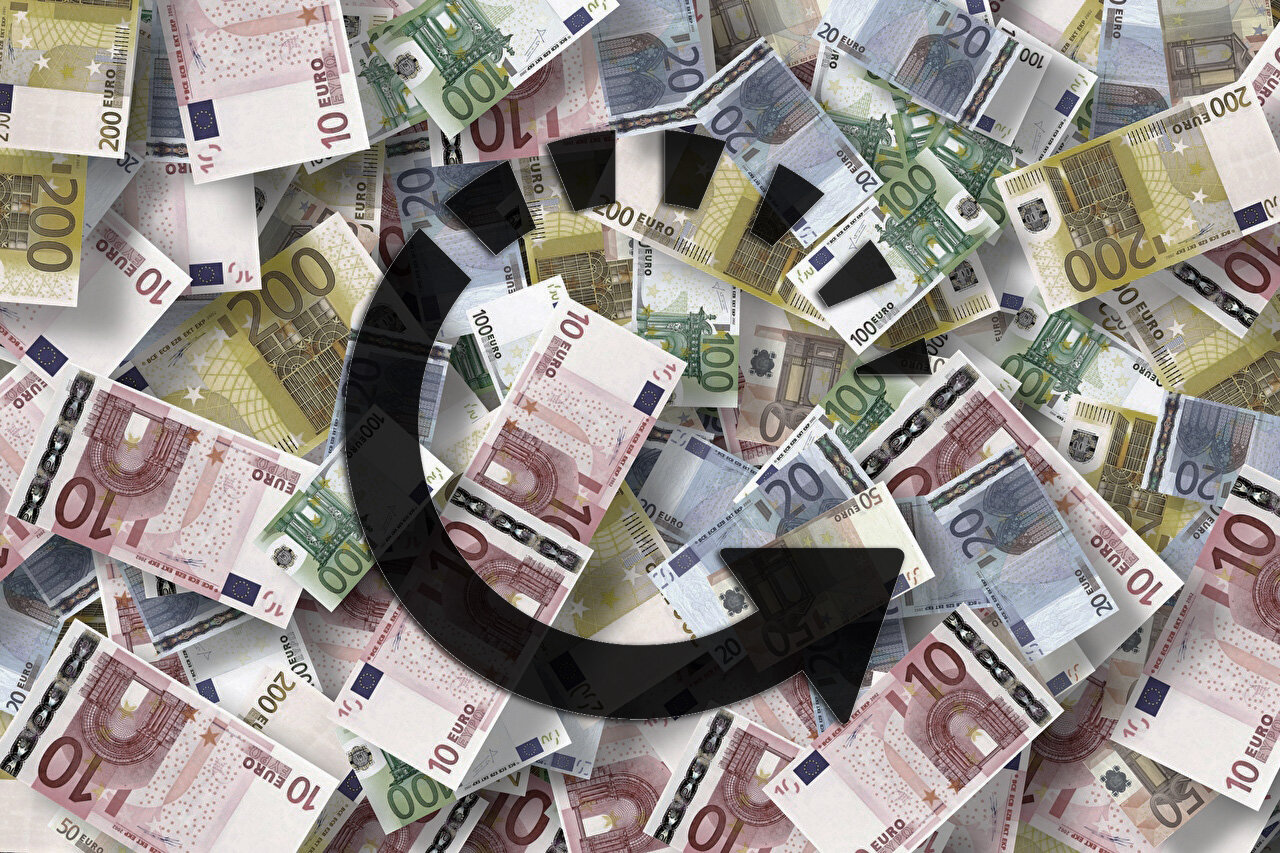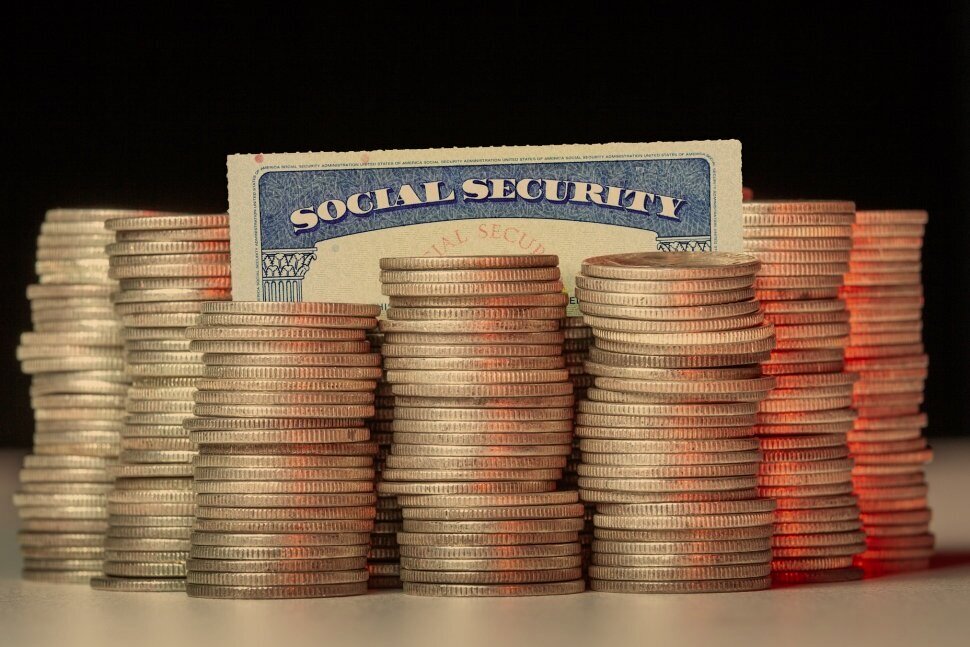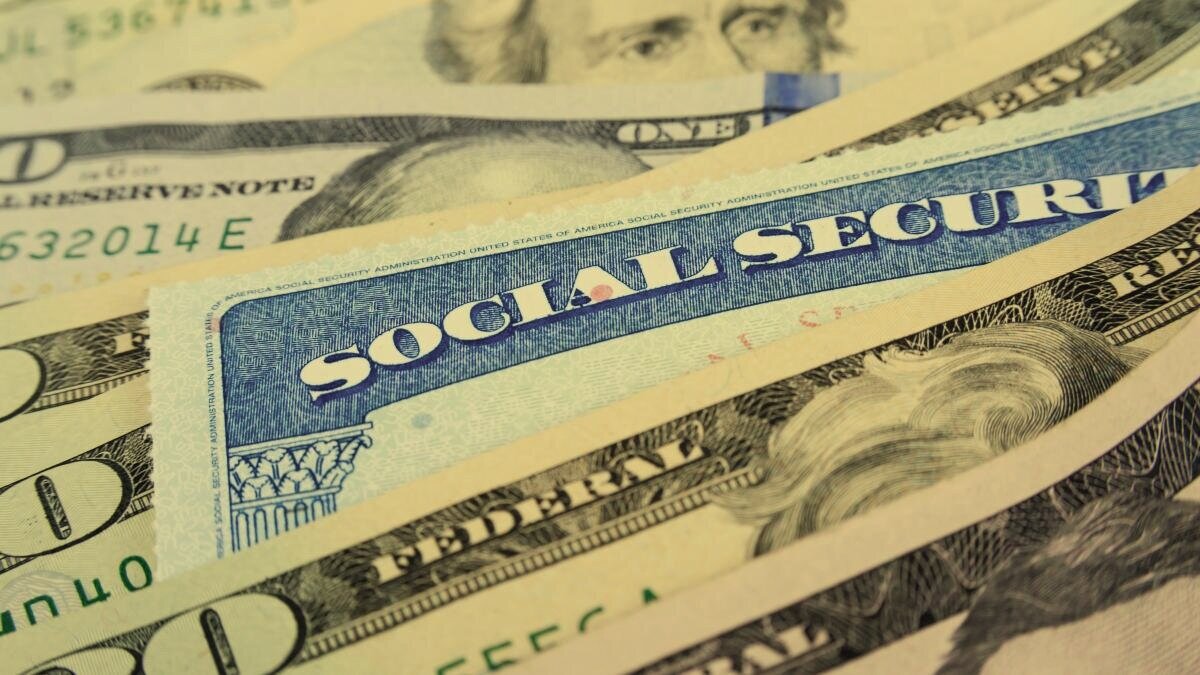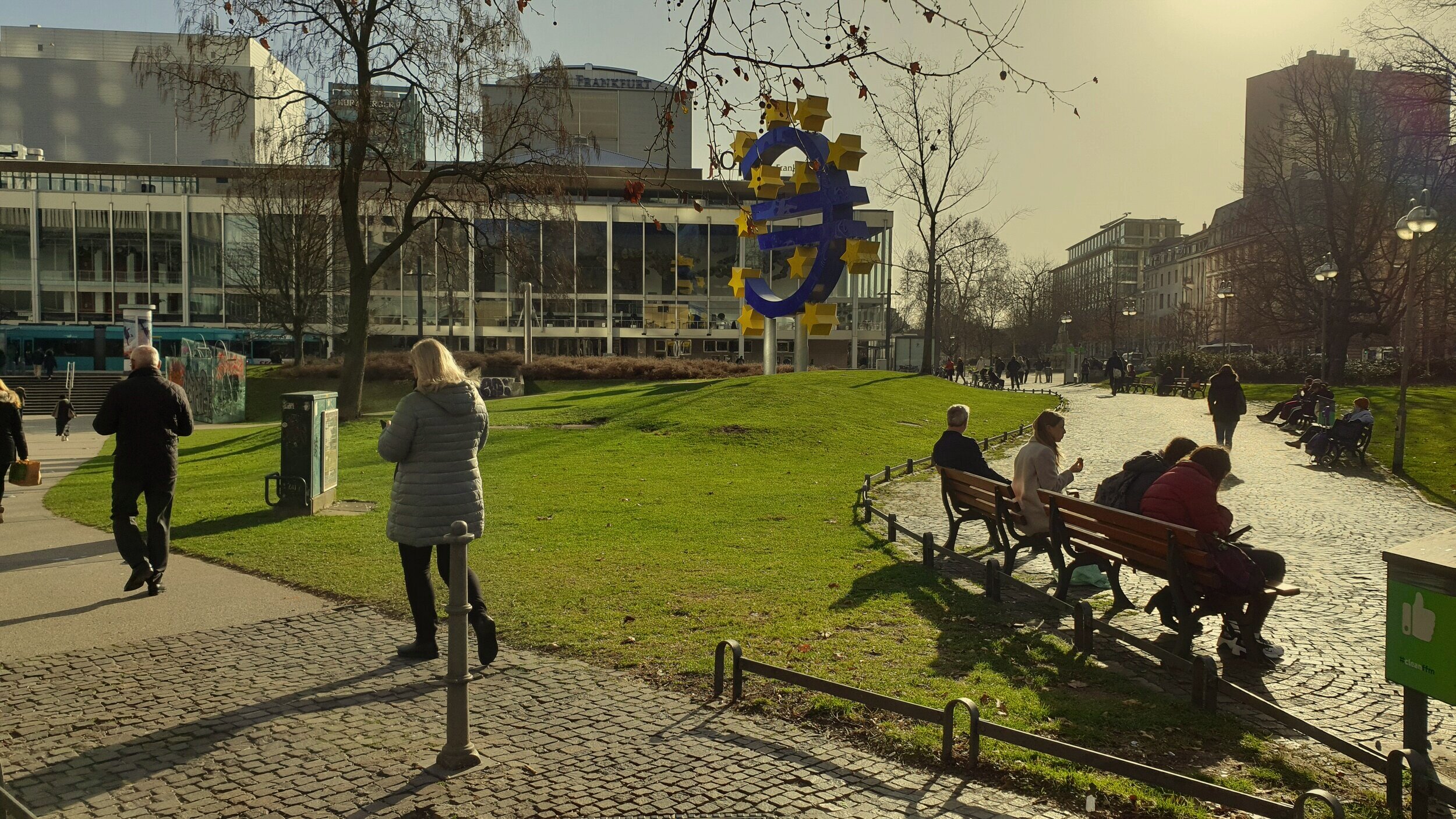
People walk past the Euro Sign at Willy-Brandt-Platz, Frankfurt, in front of the Eurotower (former seat of the European Central Bank). (Photo: Breno Salvador, January 2020)
(Paulo Pinto, Alti Wine Exchange founding member)
Every now and then you can read the Alti Wine Exchange team’s analyses on wine investment or about wines themselves. This time, however, I want to come back to an issue I have discussed previously around here and that has led to some interesting discussions because of the coronavirus pandemic: resetting capitalism through what I call Central Banks of Social Security.
You may recall that EU finance ministers agreed a 500-billion-euro rescue for European countries because of the covid-19 incoming financial crisis, but the package is probably still short of what many believe is necessary to restart the European economy.
The economic situation triggered by the virus is a new reality for many people. The financial consequences will be devastating even with the many programs created to support the economy.
Many politicians are talking about “coronabonds” as a way towards a recovery, but that would be more of the same under a different name.
Personally, I claim the need for a new economic system, based on a new Central Bank that belongs to the Social Security and has the people as the main goal, and not the banks.
***
Traditionally, a capitalist system is based on savings and investment, but since 2000 our system is based on credit and consumption.
This is probably unsustainable – because we are in the late stages of a long-term debt cycle, that started in 1971. More borrowing instruments just add to the problem and are not a solution.
Traditionally, at the end of the cycle we will see many forms of conflicts, because of slower growth. But the most worrying of them is the social conflict, the breakdown of the social contract.
We have started to see this already in the past years, under many pretexts. In London, in Spain, in France – with the recent Gilets Jaunes movement –, but other such movements are brewing in many places and will undermine democracy.
The coronavirus crisis can only accentuate the problem in the job market.
Many supply chains now in China will return to the west, but with no effect in the job market. This is because of the increased use of artificial intelligence to compensate labour costs, which can only increase the distrust in politicians and institutions.
***
The only thing working, and mainly in the USA, are financial markets. The US Government and the FED have stipulated that they will not allow financial markets to fall – probably because falling markets is the surest way of alarming consumers, signaling that things are not fine.
The consumer is the basis of the US economy, representing 70% of the GDP. This is a very strong motif, because if 70% of the economy goes, everything goes.
But here is also where it gets technical and usually people switch off, not caring about what is going on.
What is the FED doing to sustain the economy? Printing money and buying financial assets.
Everybody knows the sound bite from the media, the famous QE, the name used to describe money printing, but few understand the process.
The FED is buying all sort of debt instruments from financial institutions effectively nationalizing the bond market, and commercial banks will keep the responsibility to provide loans to small business.
Obviously, banks are the primary beneficiaries of the fact that the FED can create money out of thin air to buy debt from them, but fund managers, hedge funds, pension funds and other asset accumulators also benefit, because the FED acts as counterpart and support prices in order to reduce interest rates.

There is no bailout for the people. The bailout is for the capital.
Because of this policy, all other central banks have to follow in the same steps.
Unfortunately, this process is creating more distortions because it remains in the financial system, in the hands of investors, rather than being transformed in loans to the economy.
The result of this practice worsens the wealth gap while causing asset price inflation. This is a process becoming more and more obvious since 2008 and will accentuate more now. Everything being done is with the intention to appease the people, but with the perverse effect of not changing the status quo, which is bailing out insolvent governments and financial institutions.
***
Nothing can be corrected or adjusted by doing the same things. An out-of-the-box solution is needed.
I argue this solution is a Central Bank of Social Security.
Instead of Central Banks creating money for governments and banks, we need a new Central Bank creating money to distribute directly to the people, guaranteeing a minimum income wage.
(We will address the conditions for that another time and the moral hazard associated with it, I promise you).
The Central Bank of Social Security will guarantee that the money will reach the people, and that everyone will receive a pension, freeing companies and a much needed new banking system to operate in a competitive market under a new system with 100% reserves, as a way to regain price discovery with a natural rate of interest and sound practices of risk. This should reinstate real economic growth rates in the economy.
A new Central Bank of Social Security will also reinstate the social contract by bringing dignity to humanity by implementing a subsidized minimum guaranteed income.
Democracy could be improved with such Central Bank helping public policies with rules. For example, establishing rules to limit debt to GDP at 60%, level at which governments will be able to finance themselves at 0% and above that level at market rate.
By creating a new Central Bank of Social Security, we could change the money system and have a new world order.
For the moment, the only reason governments continue to function in many countries is because Central Banks are lending money. This is known as ‘’monetizing debt’’, but it’s also a process of destroying the currency.
That is the reason we are investing in fine wine – in our personal case, to be safe from this wave of devaluations.
Articles by Paulo Pinto
Alti Wine Exchange founding member
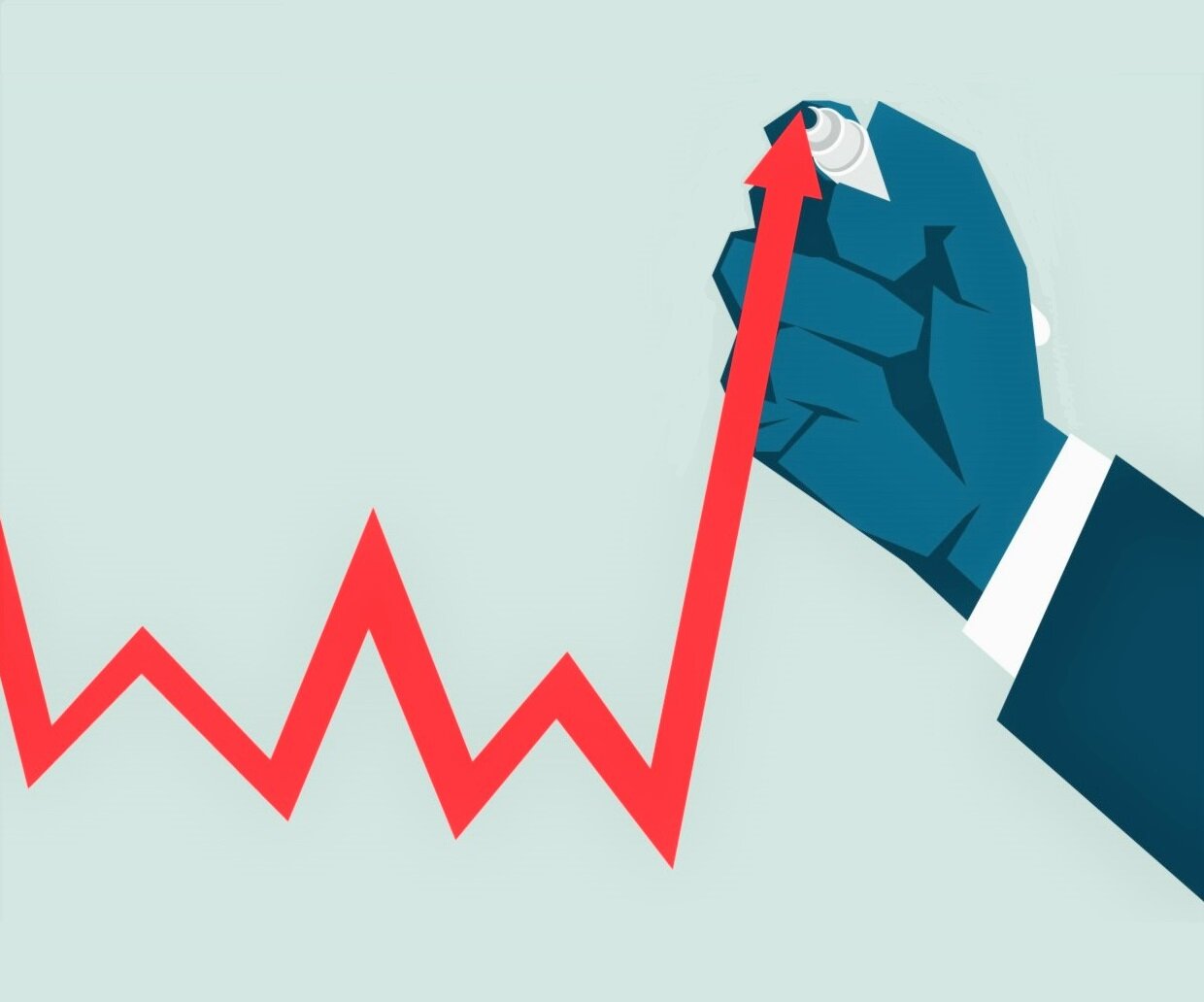
Building a sound strategy for your resources in the face of inflation and worsening living standards has become more crucial than ever
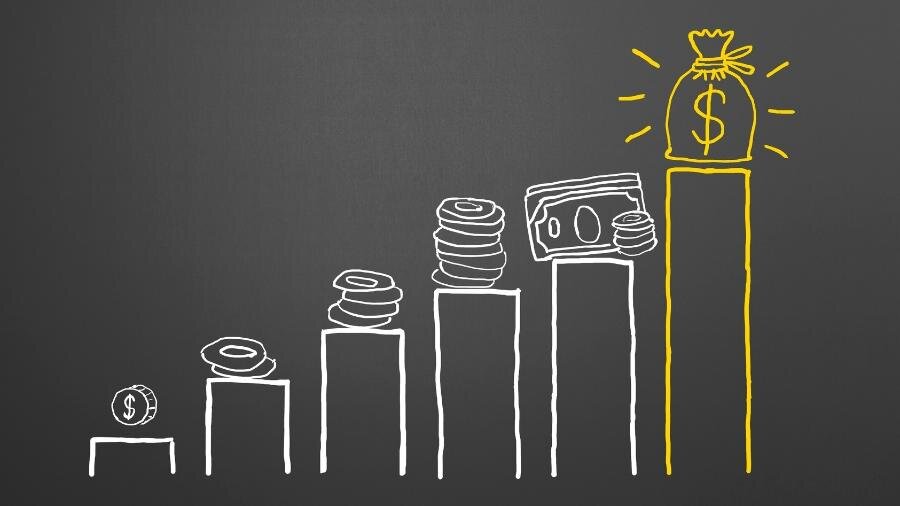
Away from falsely reassuring economic news, seeking alternative financial strategies is inevitable in the face of low interest rates and looming inflation



